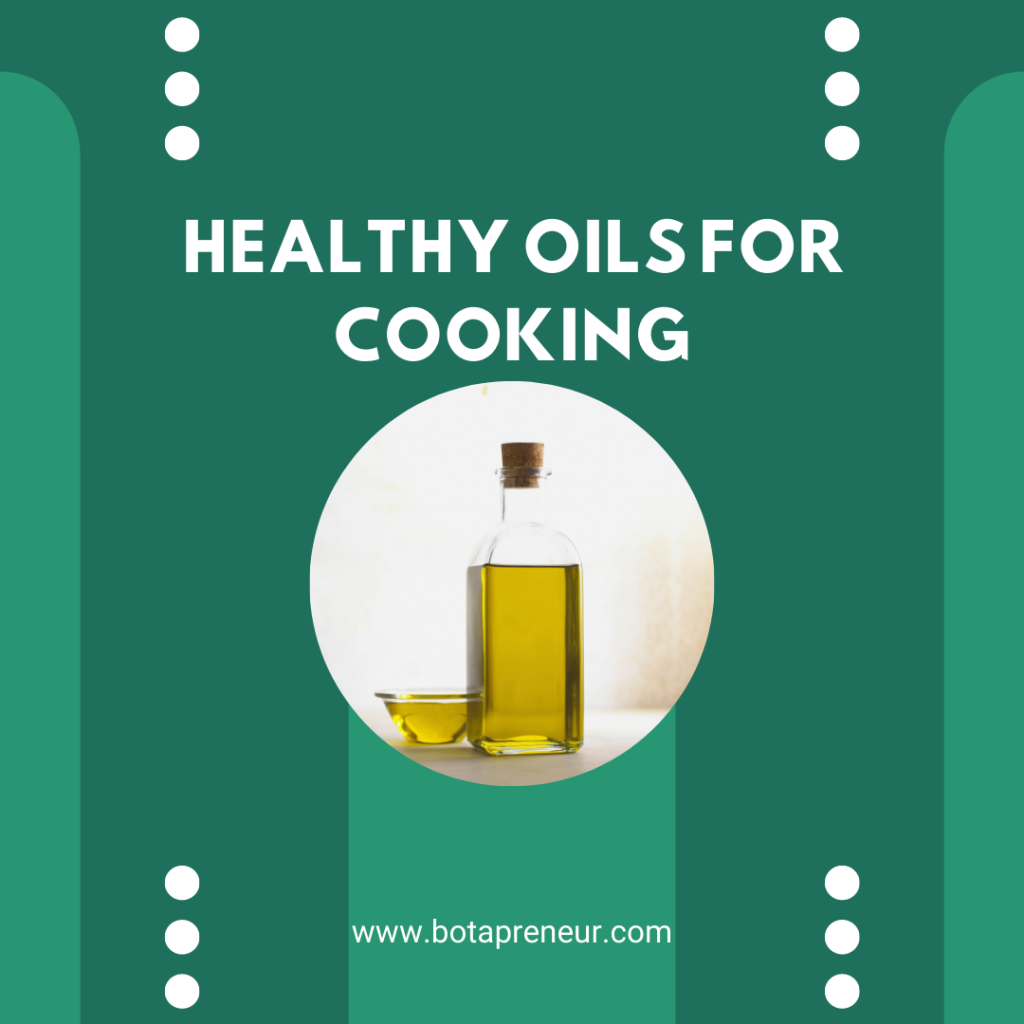Oils are generally used in cooking and are also found in processed foods including salad dressings, margarine, mayonnaise and baked foods.
There are different oils available for cooking, so it is essential to understand the different types of fats that make up these oils in order to help us have the knowledge of the best choice to use.
Dietary fats are a type of nutrient in food. Fats are used as energy sources. Fats also play important role in maintaining healthy skin and hair, maintaining body temperature, and promoting healthy cells.
There are 3 types of fat:
1️⃣ Saturated Fats: The chemical structure of saturated fats is such that they are tightly packed with no double bonds between the fatty acids and most of them (not all) are solid at room temperature.
Sources of saturated fat include:
√ Animal meat like beef, pork, etc.
√ Some plant oils such as palm oil, palm kernel oil or coconut oil. As for coconut oil, some researches say it has high levels of saturated fat while others say that the structure of the fat in coconut oil makes it less likely to add to fat buildup in the body, thereby making it healthy. Therefore, it is best to consume coconut oil in moderation .
Other foods that are high in saturated fats include processed meats like sausages, hot dogs, snacks and dairy products.
A diet high in saturated fat has been known to increase low-density lipoprotein (LDL) cholesterol which in turn raises the risk for heart disease and type 2 diabetes.
Also, too much of saturated fat can cause cholesterol to build up in the arteries (blood vessels). High fat foods such as pizza, baked goods, and fried foods have a lot of saturated fat and eating too much of them add extra calories to the diet which eventually lead to weight gain.
2️⃣ Unsaturated fats: The chemical structure in unsaturated fats are loosely packed and are usually liquid at room temperature.
There are two main types of unsaturated fat which are:
a) Monounsaturated fats: Monosaturated fats as majorly plant based and researchers have shown that consumption of plant-based monounsaturated fats help to lower the risk for cardiovascular disease.
Foods that are highest in monounsaturated fats include olive oil, peanut oil, avocado oil, canola oil and sesame oil.
b) Polyunsaturated fats: Polyunsaturated fats can be further divided into two types: omega-3 and omega-6 fatty acids.
The best sources of omega-3 fatty acids are fatty fish, flaxseed oil, soybeans oil,
walnuts oil, sunflower seeds oil and and
chia seeds oil.
Omega-6 fatty acids can be found in peanut oil, safflower oil, walnut oil and corn oil.
3️⃣ Trans fats: Trans fat also raise LDL (low-density lipoprotein) cholesterol and lower HDL (high-density lipoprotein) which is the good cholesterol.
Trans fats are formed when unsaturated fats such as vegetable oils are heated to high temperatures during food processing. Food producers use hydrogenation to harden vegetable oils making them solid at room temperature.
In general, the best is avoid trans fat and limit the saturated fats are in our diet.
Instead, choose unsaturated fats as your main source of fats and oils. Minimize the amount of saturated fat and oil. However, don’t just eat more unsaturated fats as well as you could eat too much fat in total.
In summary, use less of butter, margarine, coconut oil and, palm kernel oil and palm oil and use more of vegetables and seeds oil such as olive, rapeseed, sunflower, canola, soybean, sesame, peanut, avocado and soya oil in cooking.


Well written. I was enlightened
Thank you very much for stopping by, Amara.